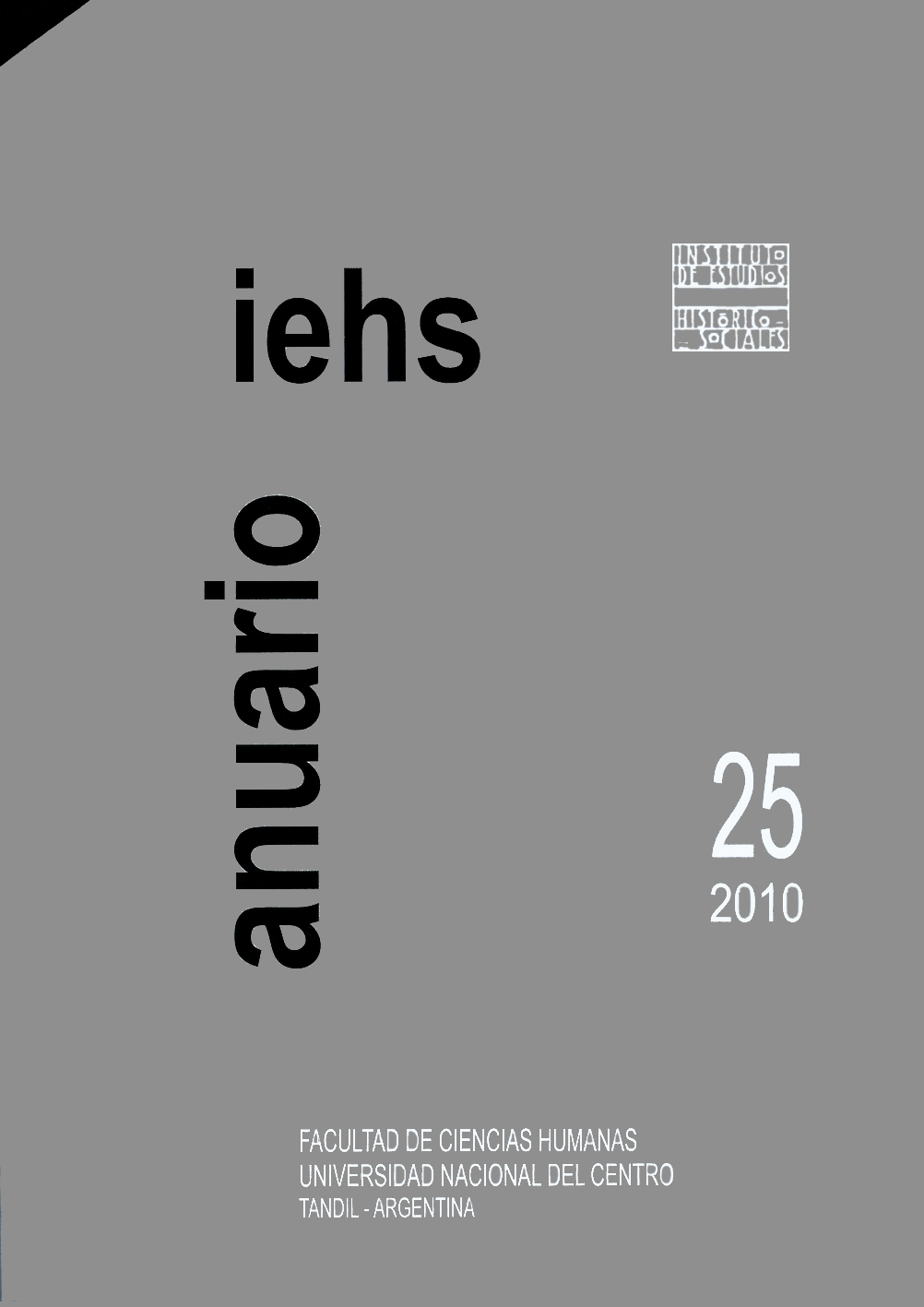Matías Sánchez Sorondo y las escuelas obreras judías, dos mundos en conflicto
Keywords:
Leftist Jewish, Workers' Schools, Matías Sánchez Sorondo, Communist International, Yiddish ContentAbstract
In the 1920s, working class leftist Jewish immigrants in Argentina began a series of political and cultural activities designed to "ennoble the workingclass." These informal schools, designed to be complementary to the public education for the workers' children, were created due to the events of the Russian Revolution and the Third International. In 1930, the Uriburu government (which came to power through a military coup) outlawed communism. In 1932, the government (now under Justo) closed thirteen Jewish Workers' Schools that functioned in three neighborhoods of Buenos Aires: Once, Villa Crespo, and Paternal. Apart of the general political repression, Matías Sánchez Sorondo, Uriburu's Minister of the Interior, organized the "Special Section for the Repression of Communism" within the Buenos Aires police. In addition to closing all organizations suspected of "destructive ideologies," the Special Section seized a large quantity of documentation. With those materials, Sánchez Sorondo, as a Senator forthe Conservative Party, used in 1932 and 1936 as a basis for his law to "Repress Communism and the Organization of Unions." This work analyzes the meaning of the educational experience of these groups since Sánchez Sorondo`s point of view. This article also examines the political and pedagogic content the leftist jewish workers transmitted through the schools they ran.
References
.
Downloads
Published
Issue
Section
License
Copyright (c) 2024 Anuario IEHS

This work is licensed under a Creative Commons Attribution-NonCommercial 4.0 International License.



